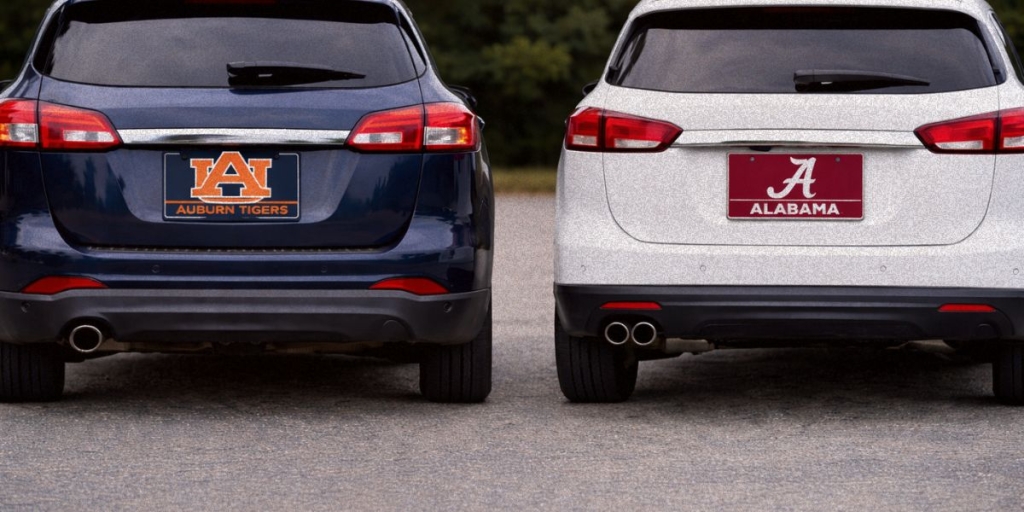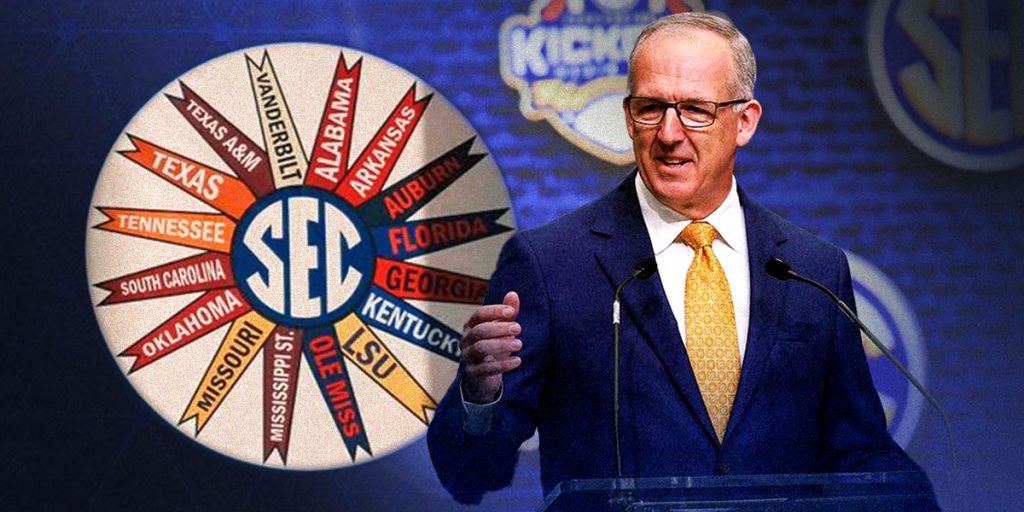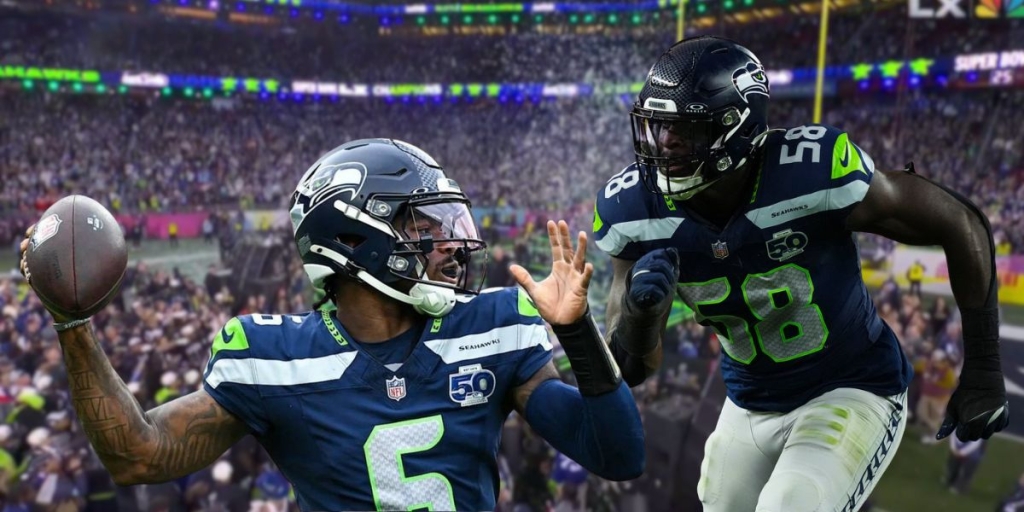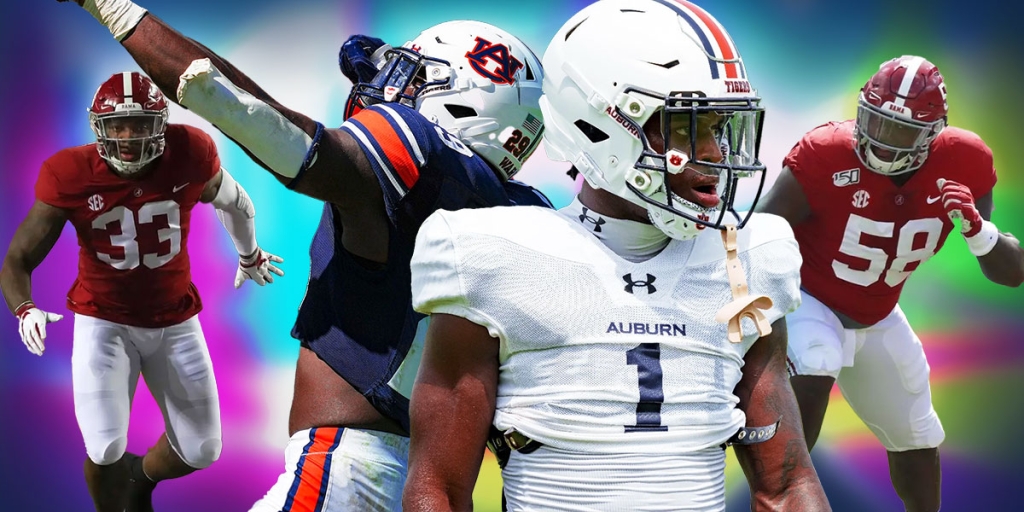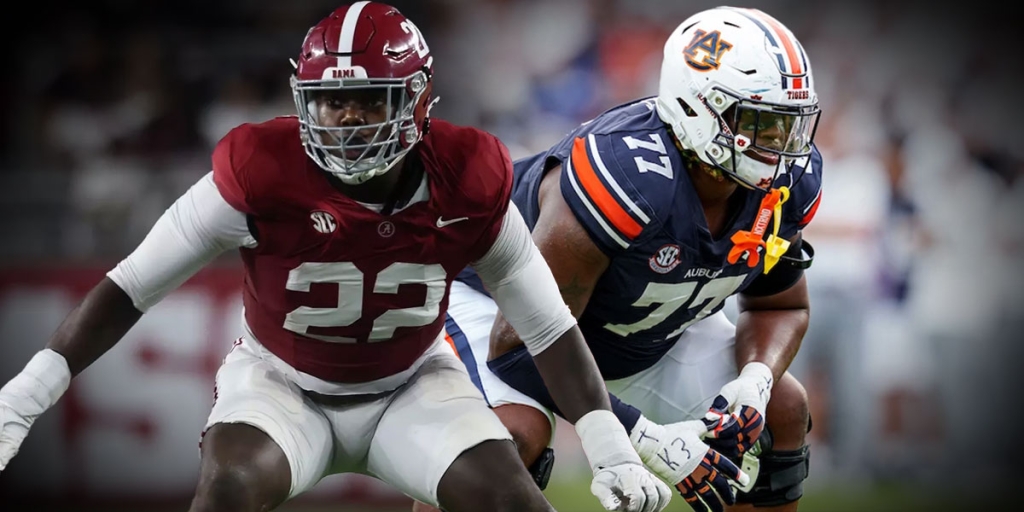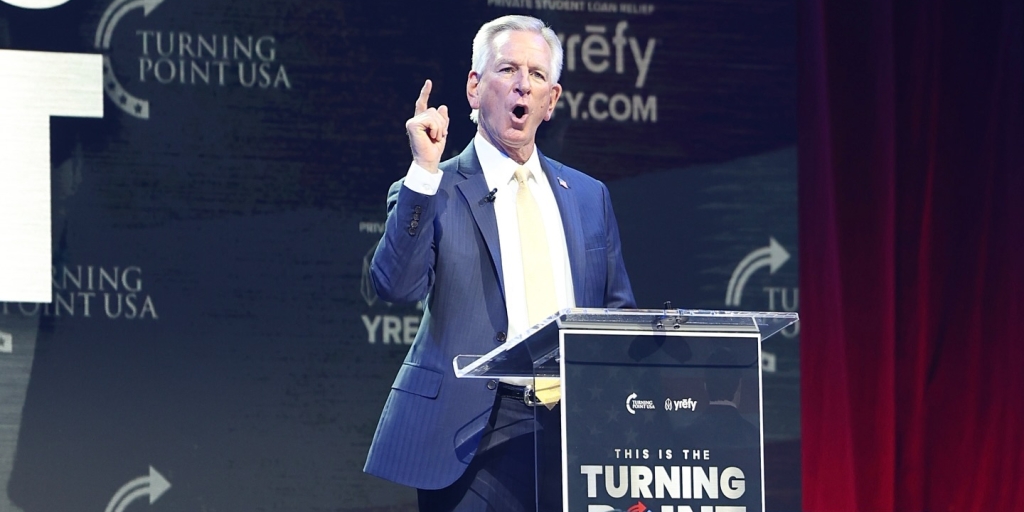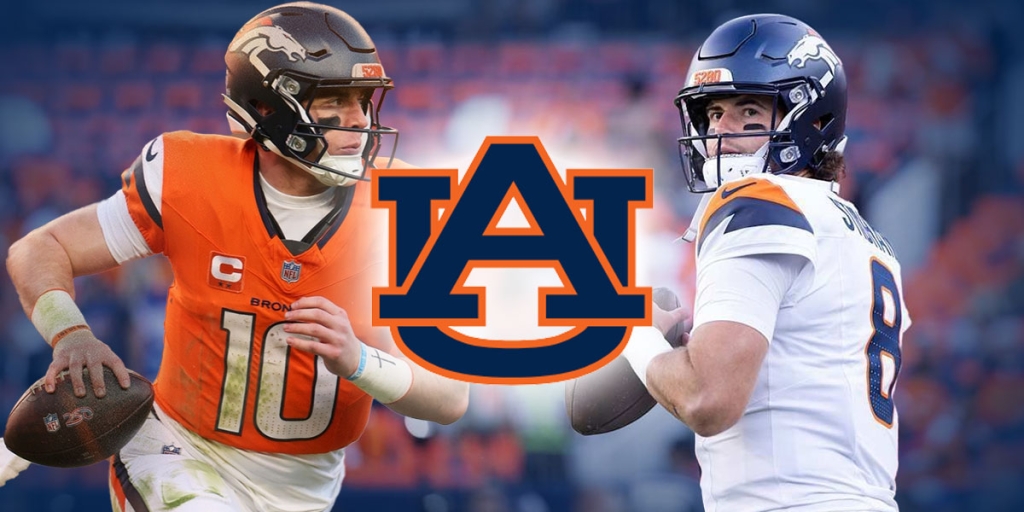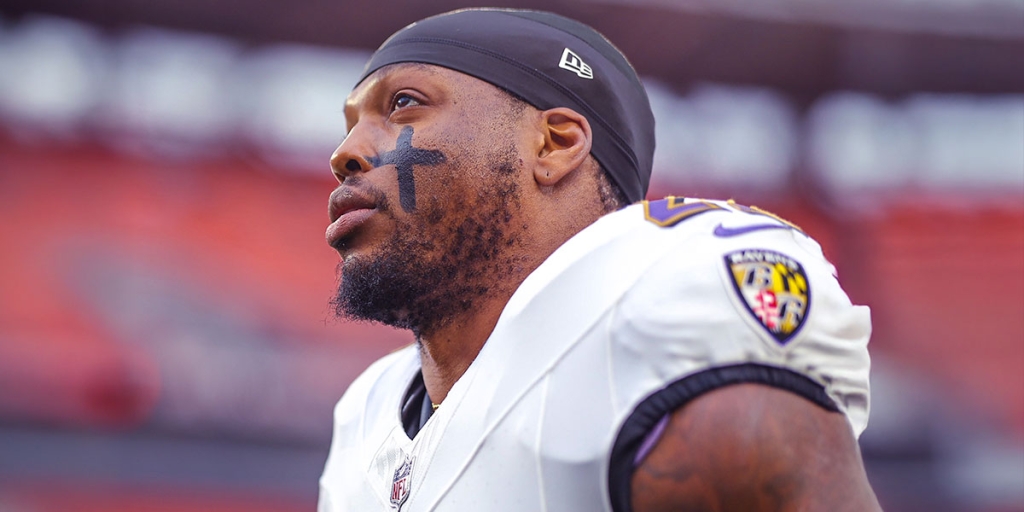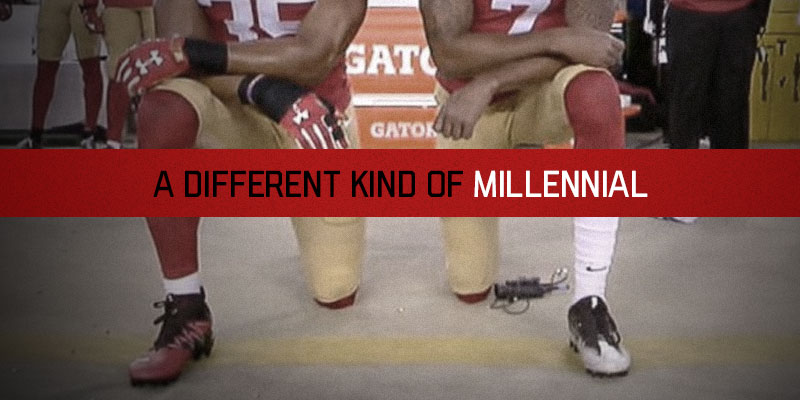
After a seven-month off-season, football has finally returned. For most people in the heartland, game days are a time for tailgating, spending too many hours in front of the television, and enjoying a short escape from the stresses of everyday life. Over the past decade or so, football has eclipsed all other major sports in terms of viewership, and the nation’s professional league – the NFL – has become a ratings behemoth. But last year, for the first time in a long time, NFL viewership did something it rarely does: decrease.
Thanks to player-activists such as Colin Kaepernick and left-leaning networks like ESPN, the NFL has become tainted by overt politicization that has recently come to define the conversation surrounding the professional sport. Specifically, players across the league have made waves with their refusal to stand for the National Anthem during pregame ceremonies, enraging fans and law-enforcement officials alike.
In light of this ever-growing protest movement, coaches and owners face difficult decisions that include balancing the needs of their disgruntled players and increasingly disenchanted fans. It seems like a catch-22. On one end, they could cut players for protesting and potentially lose value on the field, and on the other they can continue to drive away fans by allowing more protests.
In the NFL, the physical abilities of the players drive the successes – both financially and athletically – of the teams. It is a genuine meritocracy. With that in mind, the often-troublesome actions of a high-value players must often be overlooked in the pursuit of maintaining the on-field success of the team. There’s a careful balance that must be struck between keeping core players happy and pleasing the fans. Think of it this way: if Tom Brady takes a knee during the national anthem, would the New England Patriots refuse to resign him? Of course not, because his athletic value greatly outweighs any potential issues his protest might cause.
But fans play an important role in this equation, too. The consumer is far more powerful than he or she realizes. Consumers can influence the league’s behavior by tuning out broadcasts (like many have), refusing to buy tickets, or driving down apparel sales. So, when it comes to the NFL protest issue, it is ultimately the fans who will have the largest voice.
Angry fans must channel their outrage in the proper direction. Unfortunately, many get baited into the debate the left wants to have: the race and tolerance argument. What the NFL protests really boils down to is an issue of professionalism and the role of the employee in a workplace. On Sunday afternoons, professional players are paid top dollar to play football, not to make a political statement. If the players wish to make a statement, they should attempt to do it in a way that respects the interests of the team, and not their own personal self-interests. Football is a team sport, and the protestors actions take away the focus from the overall group effort and places it on individuals.
Strong leadership from coaches and owners can eliminate this overblown story once and for all. This does not mean that the front office should come down and immediately begin firing any player that dares to even gesture out of line. Instead, they should work to foster unity within the locker room and within their larger communities. A little compromise will keep all sides content.
The Cleveland Browns accomplished just this with their creation of a team video calling for unity and respect. The video played before they stood hand-in-hand alongside law enforcement officers on the field.
Football is about eleven men facing off in a competition of strength and speed, not about who can make the greatest social statement on the sideline. Most fans want to be able to lean their chair back, watch the game, and not worry about anything beyond the score or the temperature of their beer. The average fan has enough to worry about on Monday through Friday. They don’t need the stress of the “real world” to pervade into the one thing many people use as their weekly escape.
 About the Author: Gerald Fraas is a student at the University of Alabama, studying political science and economics. He is involved with UA Young Americans for Freedom as the External Affairs Director. He can be reached at [email protected].
About the Author: Gerald Fraas is a student at the University of Alabama, studying political science and economics. He is involved with UA Young Americans for Freedom as the External Affairs Director. He can be reached at [email protected].




